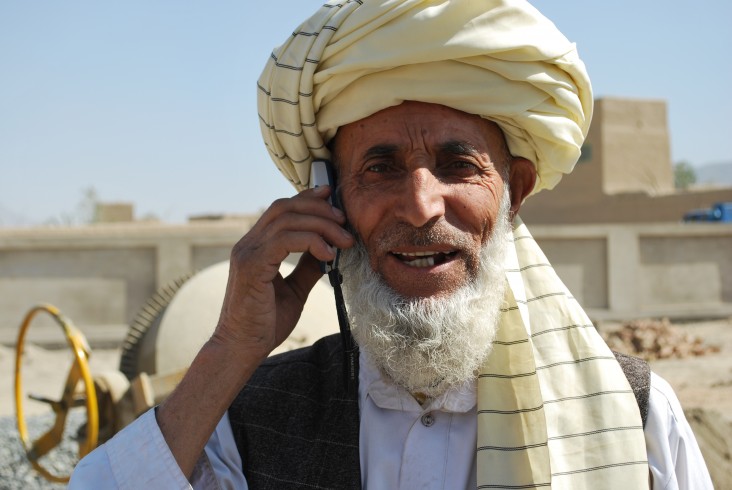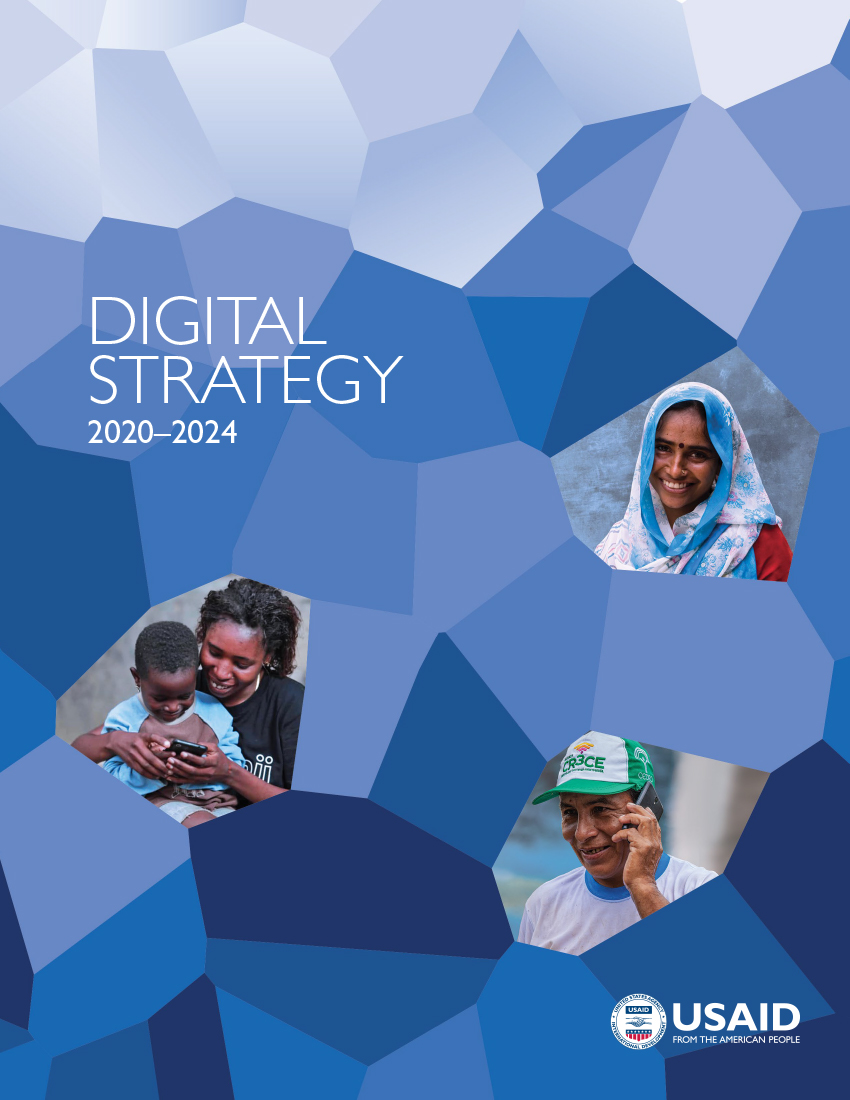- What We Do
- Agriculture and Food Security
- Democracy, Human Rights and Governance
- Economic Growth and Trade
- Education
- Environment and Global Climate Change
- Gender Equality and Women's Empowerment
- Global Health
- Humanitarian Assistance
- Transformation at USAID
- Water and Sanitation
- Working in Crises and Conflict
- U.S. Global Development Lab
Digital Strategy
Speeches Shim
USAID needs to revisit how we respond to development challenges in the face of dynamic and rapidly growing digital ecosystems. Both the rate of change and complexity in the evolution of digital ecosystems are unprecedented. Yet institutional structures and processes of both governments and development organizations have been slow to adapt, and often struggle to keep up. As a result, institutions often lack the capacity to design, implement, and monitor projects and activities effectively that engage with, or use, the digital ecosystem. The proliferation and adoption of emerging technologies will amplify these challenges, which frequently outpace our ability to explore appropriate safeguards and enact right-sized policies that promote healthy innovation while protecting against misuse or harm.
The staff of both USAID and our partners must receive training to understand the appropriate use of digital tools for development programming, and the importance of coordinating with the U.S. Government interagency to assess a recipient nation’s economic and security posture to use and manage digital solutions appropriately. Otherwise, digitally enabled programming will be less effective, and our efforts to reinforce digital ecosystems will be inadequate.
Even if the staff and personnel of our international partners have the skills and capacity to use technology and data to redesign development projects and activities, the norms and incentives that shape their decisions and actions often make it difficult for them to do so. For example, because development and humanitarian-assistance projects and activities traditionally depend on funding tied to a sector, they often only invest in a sliver of the needed digital infrastructure, if at all—though that need not be the case.80 An inventory-management system might work the same way, whether it tracks school books or medications delivered or agricultural inputs. But rather than investing in one system, donors will often (wastefully) build separate systems, because different teams manage the projects.

Even when USAID and our partners create digital systems separately, we can, and should, build them to interoperate, with the ability for data-sharing and communication where appropriate. Lack of interoperability undermines sustainability and growth, burdens partners, and can stifle competition. For example, the lack of interoperable health-data systems during the 2014–2016 epidemic of Ebola in West Africa forced decision-makers to compare information manually from separate databases, which slowed the response.81 In other countries, lack of interoperability has limited the scale of digital payments.82
If our digital programmatic investments are siloed or unsustainable, we risk undermining the digital ecosystems we should be trying to build, and ultimately the people and countries with whom we work. Not only is this an inefficient use of taxpayer funds, it will ultimately obstruct longer-term efforts toward self-reliance. We must continue to strive toward a values-driven, principled approach to digital development that encourages the responsible, equitable, and sustainable use of digital technology in development and humanitarian-assistance programming.
In 2013, USAID, along with a group of donor and multilateral organizations, co-drafted the Principles for Digital Development,83 nine areas of best practice in the application of digital technologies to global development. The Principles articulate guidance to help address challenges such as pilots that fail to scale, or do not involve sufficient engagement with the target users. USAID became the first organization to endorse the Principles officially in 2015, and the Agency continues to promote them today.84 More than 200 organizations have now endorsed the Principles, including the Bill and Melinda Gates Foundation, the World Bank Group, the Swedish International Development Cooperation Agency (Sida), the German Society for International Cooperation (GIZ), and the Department for International Development (DFID) of the United Kingdom.



Comment
Make a general inquiry or suggest an improvement.